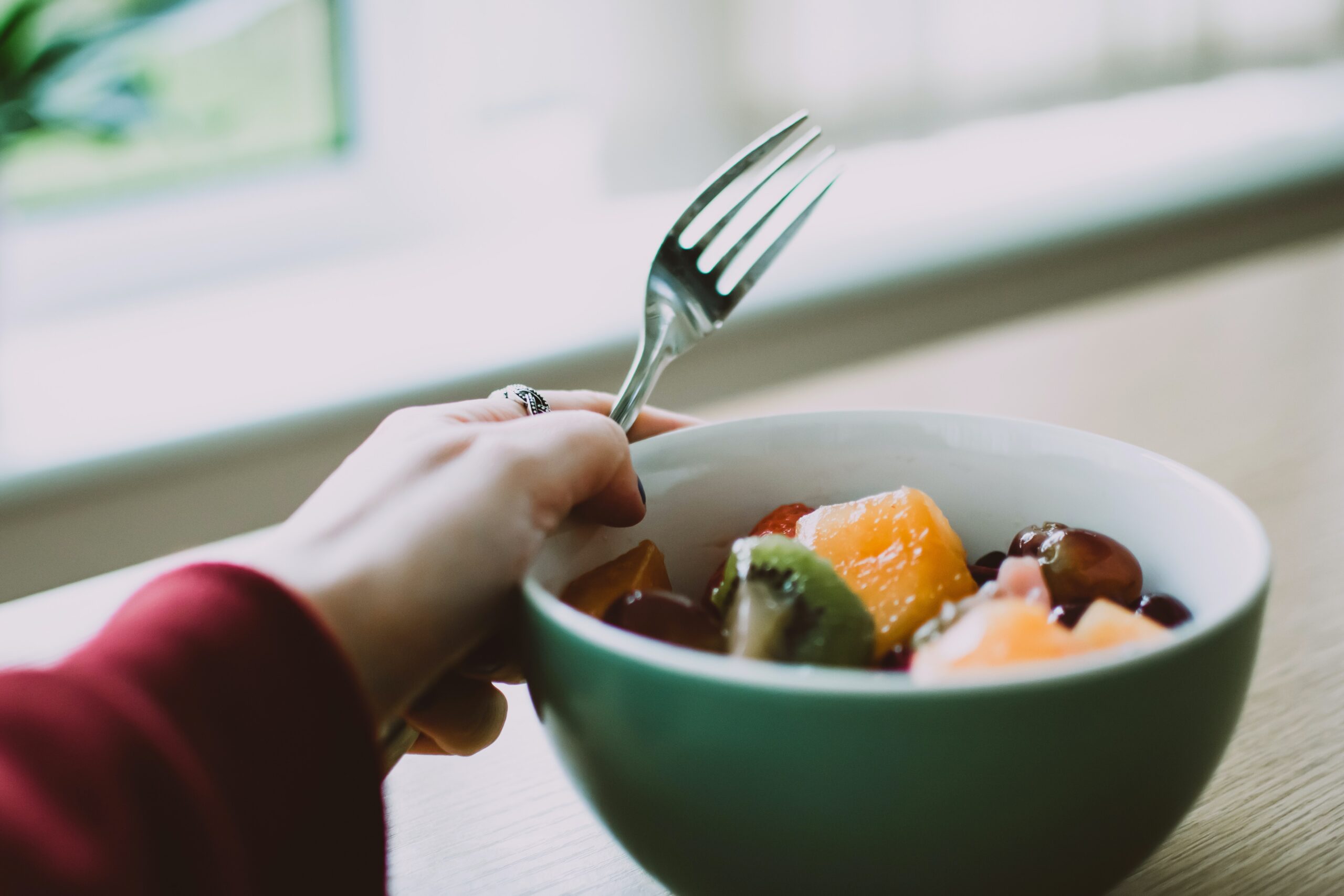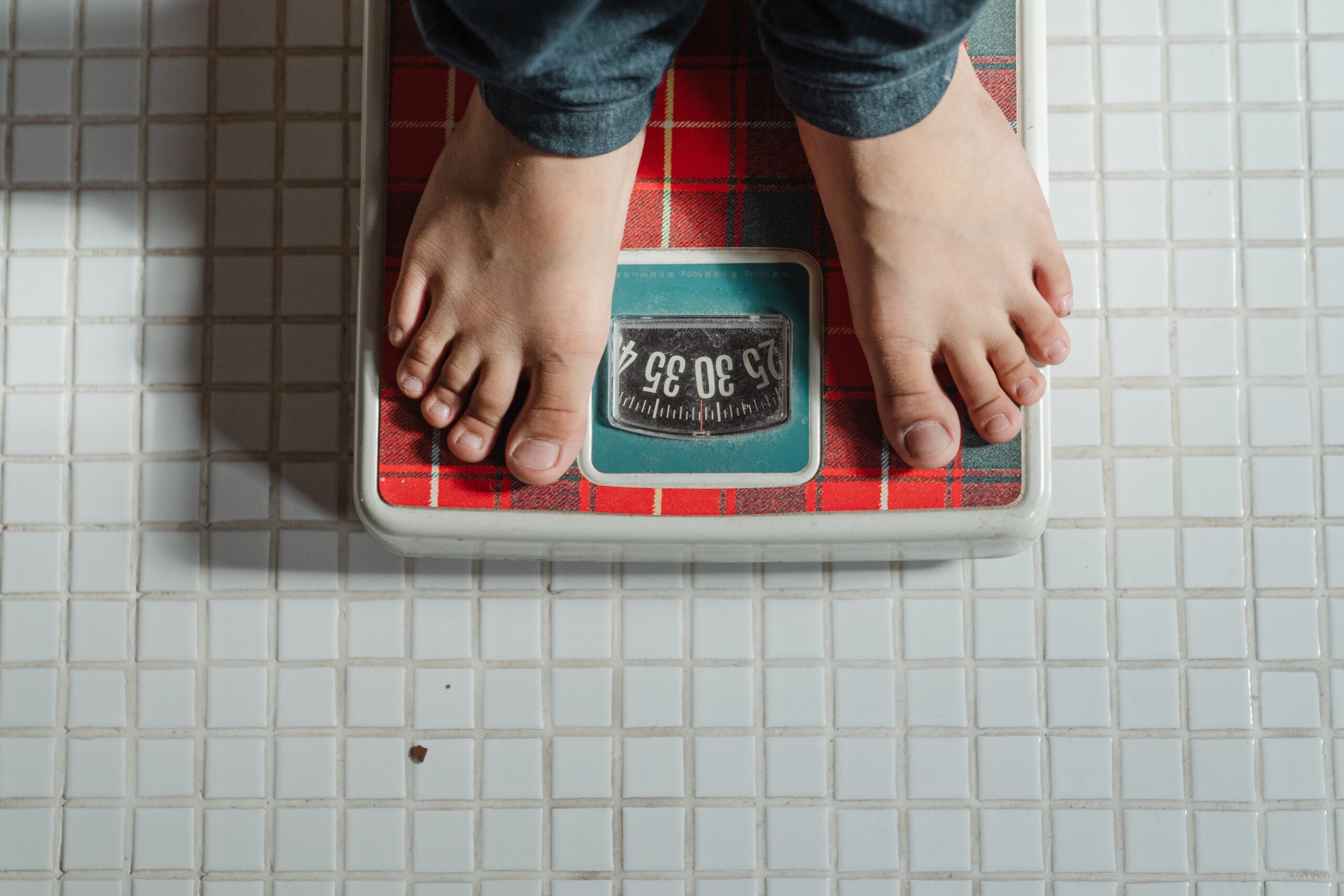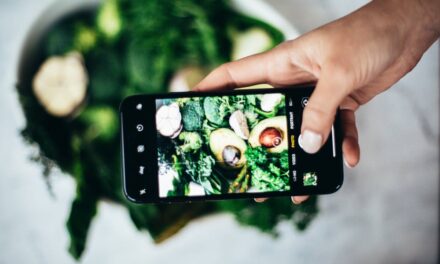When I first hired a nutrition coach, I was convinced he was starving me.
Never in my 22-year-old life had I been hungry, and not ran to the cupboards. Now I had a strict calorie goal, and clear instructions to hit it every day.
Looking back on it, I laugh, because I was frustrated with a 2,800 calorie limit: a dieter’s dream.
Regardless, I had no idea how to manage my hunger, and often had small snacks to hold me over — snacks that didn’t always make it into MyFitnessPal. But I made sure they were healthy, so they didn’t ruin my progress.
Or so I thought.
Weeks went by, and the scale hadn’t budged.
My inexperienced, impatient brain thought it was everything but my snacking habit. I needed to work out harder! Or add more cardio to my plan. Or be stricter with my carb intake. There was no way a 150 calorie serving of cashews was holding me back. Nevermind a damn yogurt or apple.
But boy, was I wrong. “Eating healthy” is a very different goal than eating to lose fat, which largely boils down to:
- Eating few enough calories to be in a deficit (burning more than you take in)
- Eating enough protein to stay full
My snacks were helping me do neither, and quickly added 2,000-2,500+ calories to my weekly intake. It wasn’t until I stopped snacking that I lost 15+ pounds in less than three months:
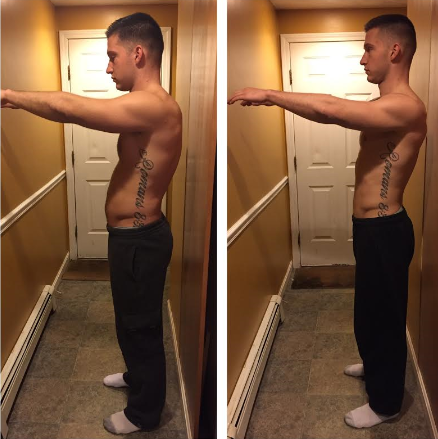
I realize you’re here for snack recommendations, and I’m already insinuating it’s a bad idea if you want to lose weight. But it’s important for us to go over five quick points before we go over the 21 snacks I recommend the most:
1) Losing weight is similar to getting out of debt
If you’re on a budget, swiping your credit card every few hours isn’t wise — even if you’re making small purchases. These transactions add up fast, especially if you’re not reviewing your statements.
Snacking every day is no different — even if you’re eating healthy. A 150, 250, or 350+ calorie snack can put a major dent in your progress if you have it often… especially if you’re not tracking it accurately (or at all). I learned this firsthand with my first nutrition coach.
2) Snacking because you’re hungry often makes you hungrier
I know this sounds backwards, but let’s pretend you have a 1,500 calorie goal and don’t want to feel ravenous. If you avoid snacking, you get three 500 calorie meals — which can be fairly satisfying if you structure your plate well.
But if you have two 250 calorie snacks, your meals can now only be ~333 calories. I don’t know about you, but 250-333 calories per sitting sounds pretty miserable. This doesn’t even account for the fact that most people’s snacks are well over 250 calories.
3) The desire to snack often has little to do with hunger
Here’s what usually has to be addressed instead:
- Your environment. What are you bringing home from the grocery store? What’s in your cupboards? What about in your car or office desk? Many of us graze because our snacks are within arm’s reach — not because we truly want them
- Your habits. Most people reach for midmorning or afternoon snacks simply because they’ve done it for years. The same goes for any car ride over 60 minutes or while we’re sitting on the couch watching TV. We’ve never stopped to question why it’s necessary to eat every 2-3 hours
- Your emotions. Snacks are an easy way to get a dopamine hit after a stressful day. And I won’t sit hit here and say emotionally eating is inherently bad (it’s not). But regularly turning to food as a coping mechanism compounds your problems more than it helps them
- Your stubbornness. I once had a client who refused to get anything but an extra large popcorn with butter every time she went to the movies. I had another who insisted snacking was the only way he could stay awake while driving
While I’m not here to be hard on anybody or ruin somebody’s day… sometimes being stuck in your ways is what’s holding you back.
4) Hunger is inevitable when you’re dieting
Even if your desire to snack is rooted in hunger, you have to embrace it to some degree. Most coaches won’t admit this, but hunger comes with the territory if you want to make progress. You can’t treat it like an emergency when you experience it.
But it’s not all bad news. There’s a lot you can do to keep your hunger at bay: like sleeping well, hydrating, eating more fruit, vegetables, and protein, and avoiding restrictive diets.
Protein, in particular, tends to be the biggest needle-mover. It’s extremely filling, and most people don’t get nearly enough. If this describes you, you can request a complimentary copy of the Protein Power-Up — my single most popular guide on boosting your intake:
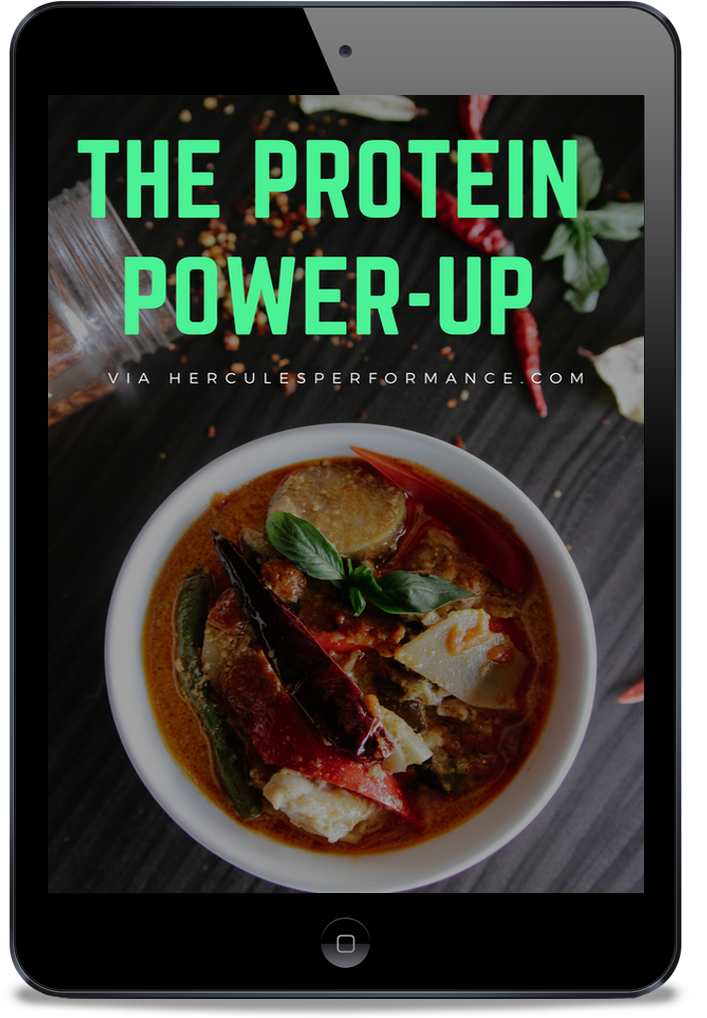
5) Snacking doesn’t “boost your metabolism” in any meaningful way
I’m sure you’ve heard that eating several small meals throughout the day “boosts your metabolism.” But this claim is overblown to an astronomical degree. The totality of what you eat matters more than how you break up. Plus, eating every 2-3 hours is inconvenient and unnecessarily complex.
Here are nine better ways to boost your metabolism.
Now that we’ve discussed why snacking generally isn’t wise when you want to lose weight… let’s talk about the exceptions:
- You have a specific craving. In this case, ignoring it and “being strict” has more downside than upside. It’s only a matter of time before you cave, and have a hard time being moderate when you do. A much better option is to plan ahead and work in whatever snack you’re craving (here’s how I personally do it)
- You’re on a lengthy road trip. Notice I said lengthy. You don’t need snacks every time you’re in the car for more than an hour. But a 3-4+ hour trip is a different story, and not arriving at your destination ravenous is always wise
- You’ll be on the go for hours. I work with a lot of busy parents who bounce from activity to activity as soon as their alarm goes off. In these scenarios, having healthy snacks on hand can prevent a McDonald’s run on the way home
- You’re ready to have a “white flag” moment. These usually come on the tail end of a long or stressful day where you underate. You walk into the kitchen ready to eat anything in sight and convince yourself you don’t care. But this is where a “think straight snack” comes in handy. It takes your hunger from an “8” to a “5” and allows you to make a much better decision
In these four scenarios, snacks can help you lose weight by:
- Keeping intense hunger at bay
- Providing much-needed energy
- Giving you a small boost of protein
- Satisfying some of your cravings
Notice I said “help,” because only being in a calorie deficit will make you lose weight. But used wisely, snacks can support this goal. Here are the 21 snacks I recommend the most:
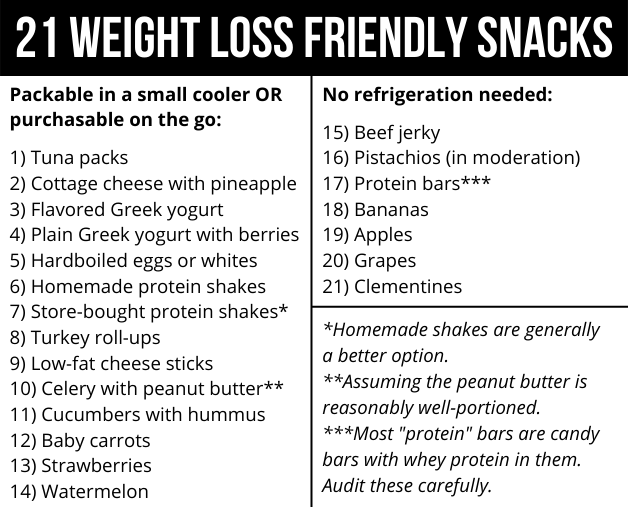
Although no one list is all-inclusive… these tend to be the most accessible, affordable, and convenient options for most people
As you can see, I didn’t include small splurges on this list — but they have their place in a well-rounded diet. Here are some fun snacks that can be easily planned for:
- Reese’s (232 calories)
- A small bag of Lays (152 calories)
- A Swiss Roll (270 calories)
- Ritz Fresh Stacks (80 calories)
- Two chocolate truffles (121 calories)
- A small bag of popcorn (170 calories)
- Klondike bars (230 calories)
This list could be much longer, but you get the idea: “weight loss friendly” snacks can check calorie, protein, or craving boxes. You don’t need to slam rice cakes every day in the name of #Health.
Let’s recap everything you need to know about snacking and weight loss:
In most cases, snacking isn’t a good idea for dieters. Numerically speaking, it’s like swiping your credit card every 2-3 hours and expecting to get out of debt. Logistically speaking, it’s typically a Band-Aid for important lifestyle issues that need to be addressed.
In spite of this, I’m not saying it’s the end of the world if you do snack from time to time. In certain situations, like when you’re on the go for hours, it makes sense to. But there’s a fairly short list of snacks I recommend to my clients.
You can find all 21 recommendations, and a printable cheat sheet right here.
It’s worth reiterating: these snacks can help you lose weight — but won’t make you lose weight. Only being in a calorie deficit will do this.
If this is something you’ve always struggled with, and everything from cravings to a lack of accountability has held you back, you can learn more about how I help my clients succeed here.

